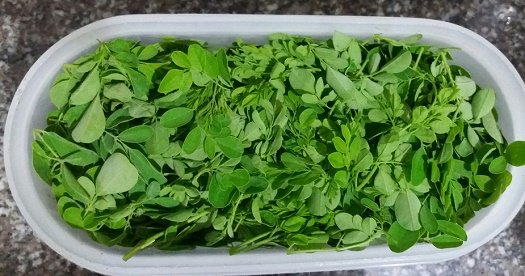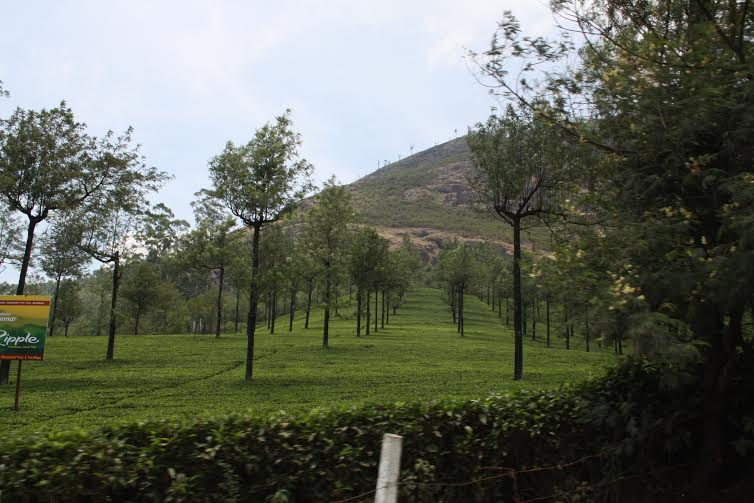Benefits of Moringa oleifera
Benefits of Moringa oleifera - Moringa is a small tree, which grows rapidly in all tropical regions, producing leaves and fruits in abundance. It can be seen in the backyards of many houses in India. It is grown abundantly in Africa. Moringa oleifera tree is considered as an ideal food for both obese and malnourished people. It is a powerhouse of nutrients, and a blessing especially to the economically weaker sections of the society. Moringa powder is available online also.
Importance of Moringa oleifera
Moringa Oleifera leaves and pods contain 90+ nutrients, 46 antioxidants, and 36 anti-inflammatory compounds. Researchers call it the most nutrient rich plant on earth.Moringa contains many minerals and vitamins in various combinations than in any other possible vegetable. India's ancient tradition of Ayurveda says the leaves of the Moringa tree prevent 300 diseases. Since Moringa is anti-toxident, antipyretic, antibiotic, antiparasitic and anti-inflammatory, it is used for many purposes.
Top Health Benefits of Moringa oleifera (Drumstick) Leaves
- Boosts immune systemReduces arthritis or any other joint pains.
- Increases iron content in the blood and thus reduces anaemiaI
- Increases breast milk production
- Provides nourishment to the eyes and the brain
- Brings down sugar level in diabetes patients.
- Helpful in reducing headache, bringing down blood pressure.
- Helpful in thyroid disorders.
- Useful for healing kidney stones.
- Useful in gum diseases
- Reduces swelling
- Reduces constipation
- Reduces wrinkles on the face
- Useful in treating stomach and intestinal ulcers
- Useful in treating cancer
- Useful in treating viral, bacterial, fungal and parasitic infections.
Disclaimer: The information provided in this article is not a substitute for professional medical advice. Please consult your physician, or health care provider before taking any home remedies.
Nutritional Value of Moringa
|
|
More about the Moringa and its benefits, possible side effects.
Return from Benefits of Moringa to Ayurveda Herbs












